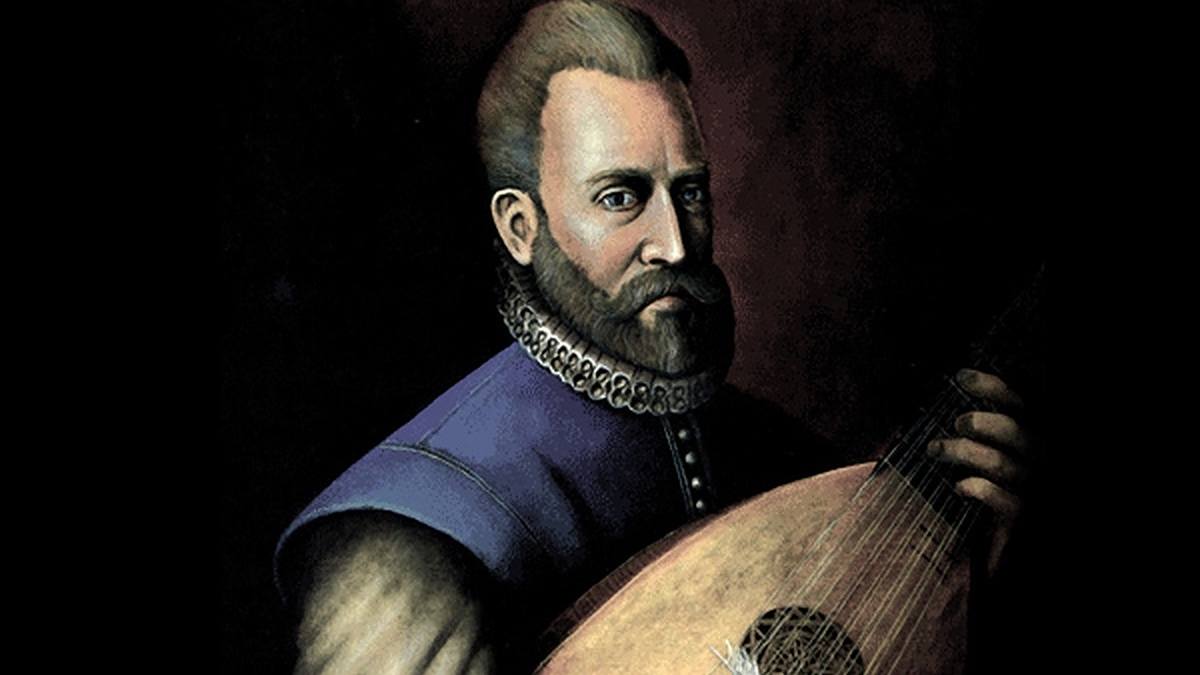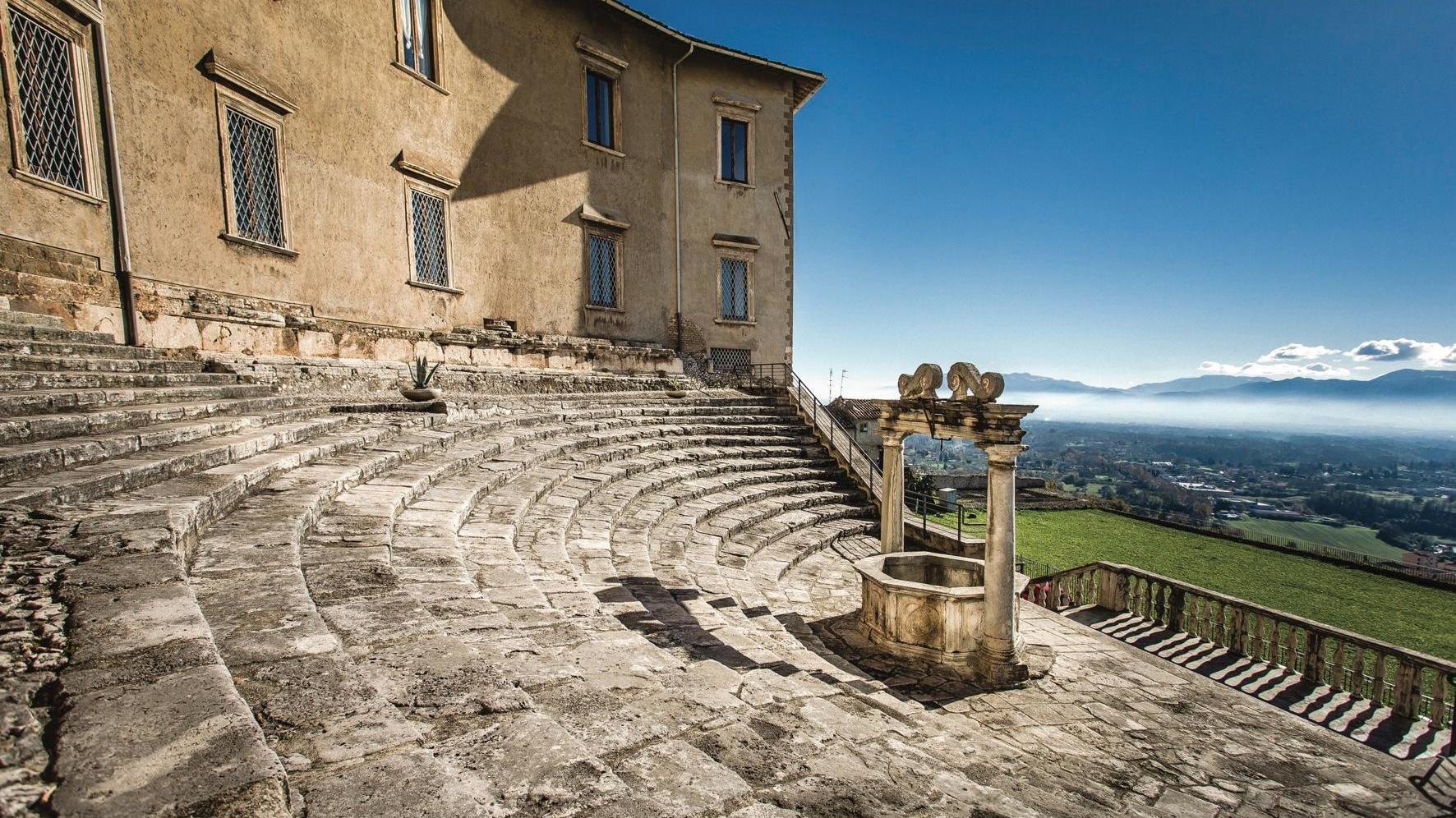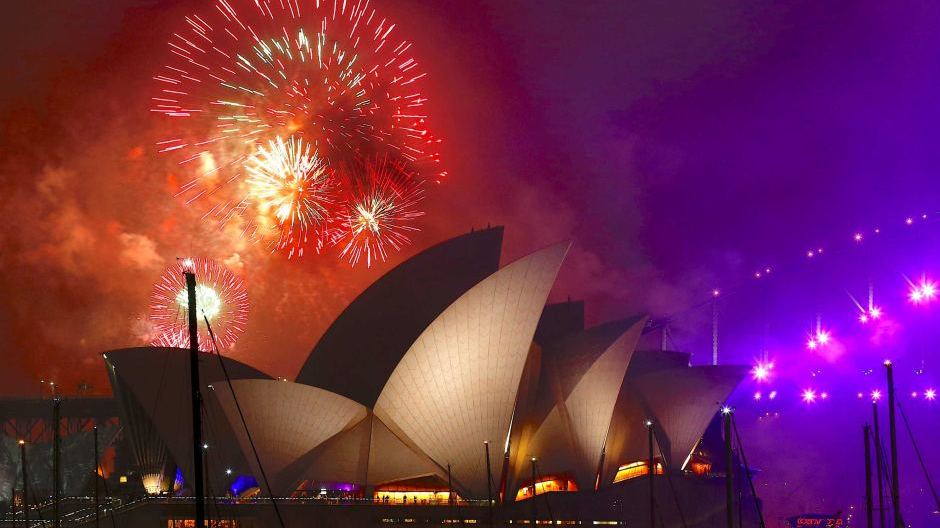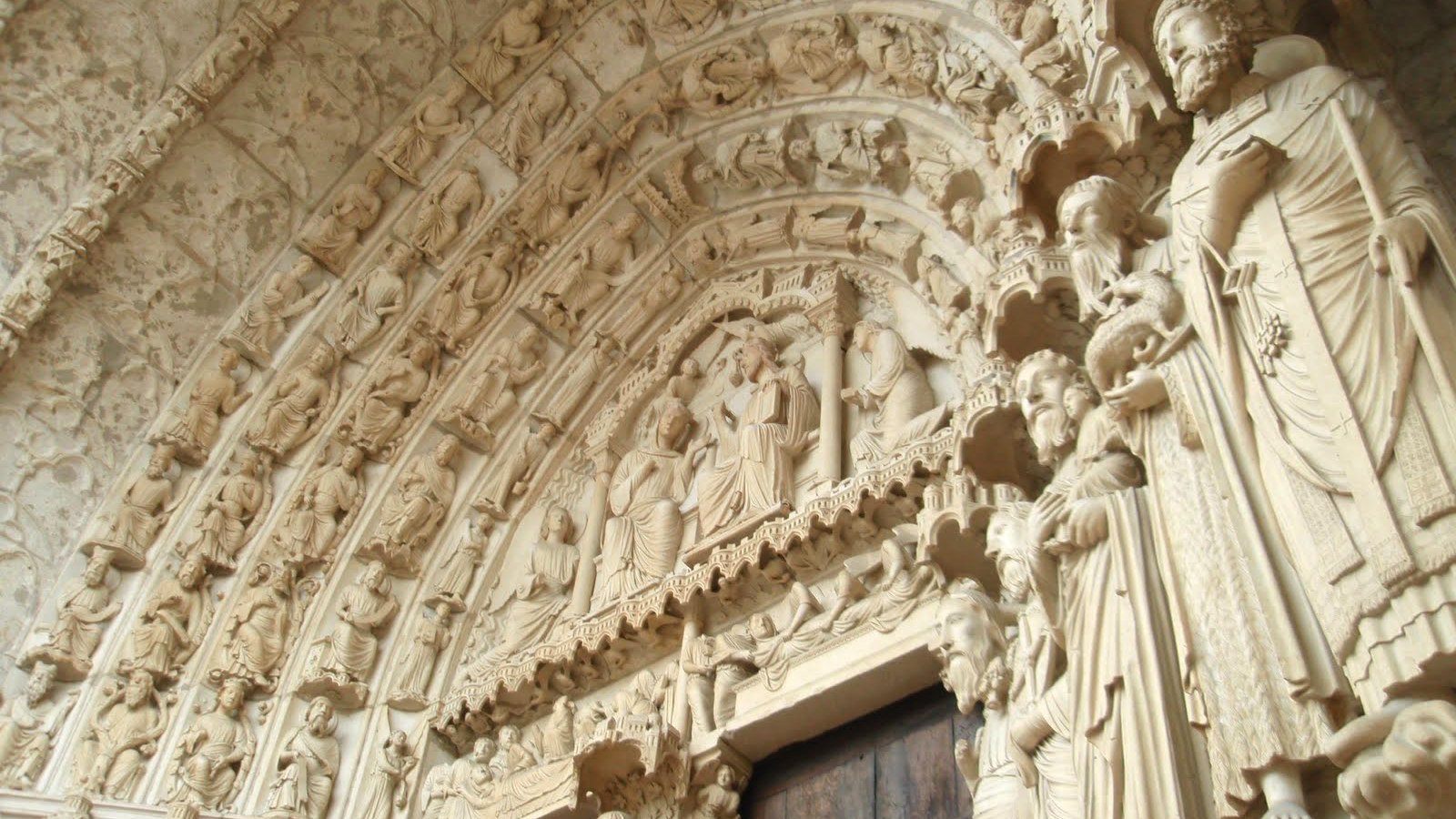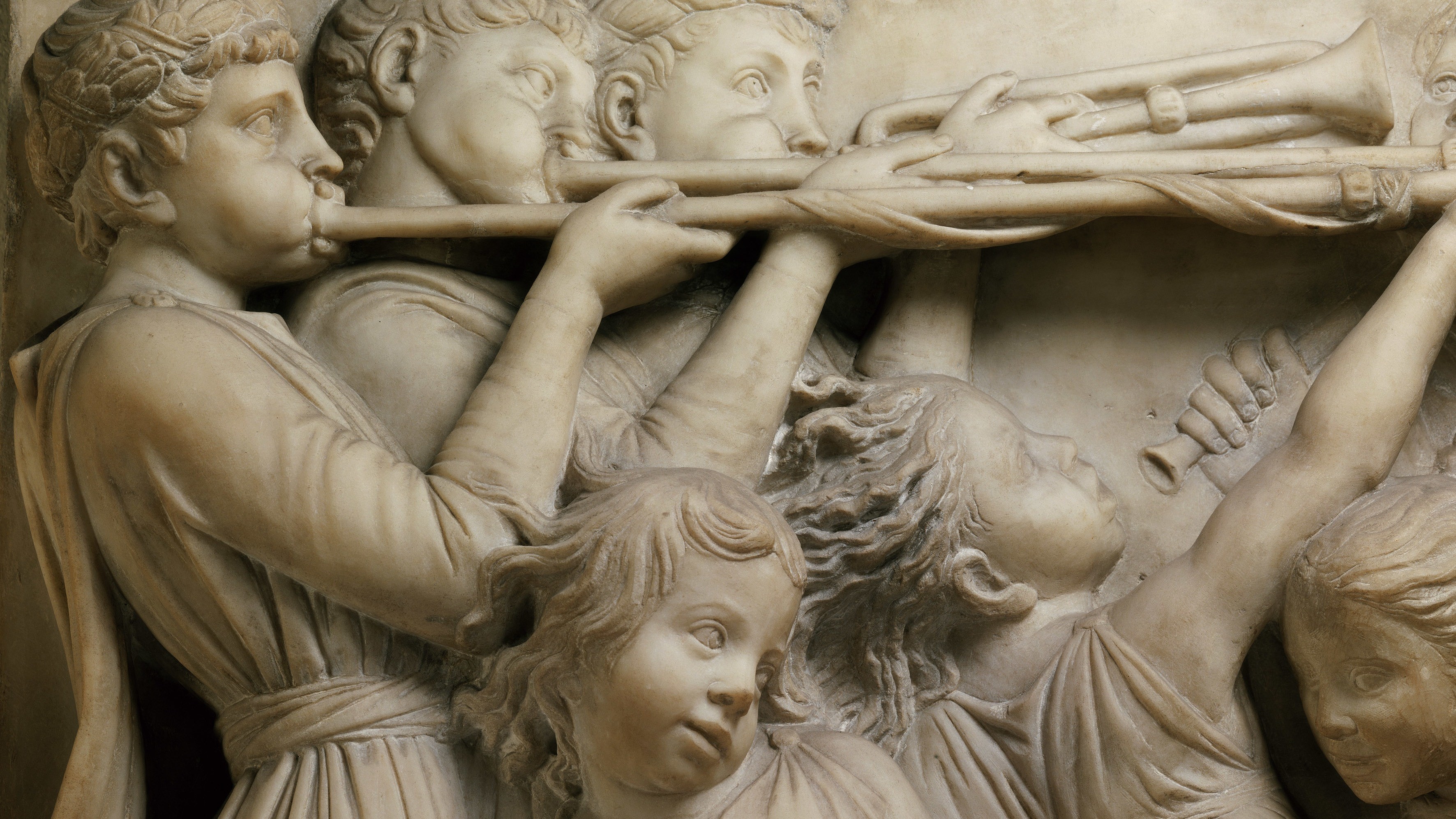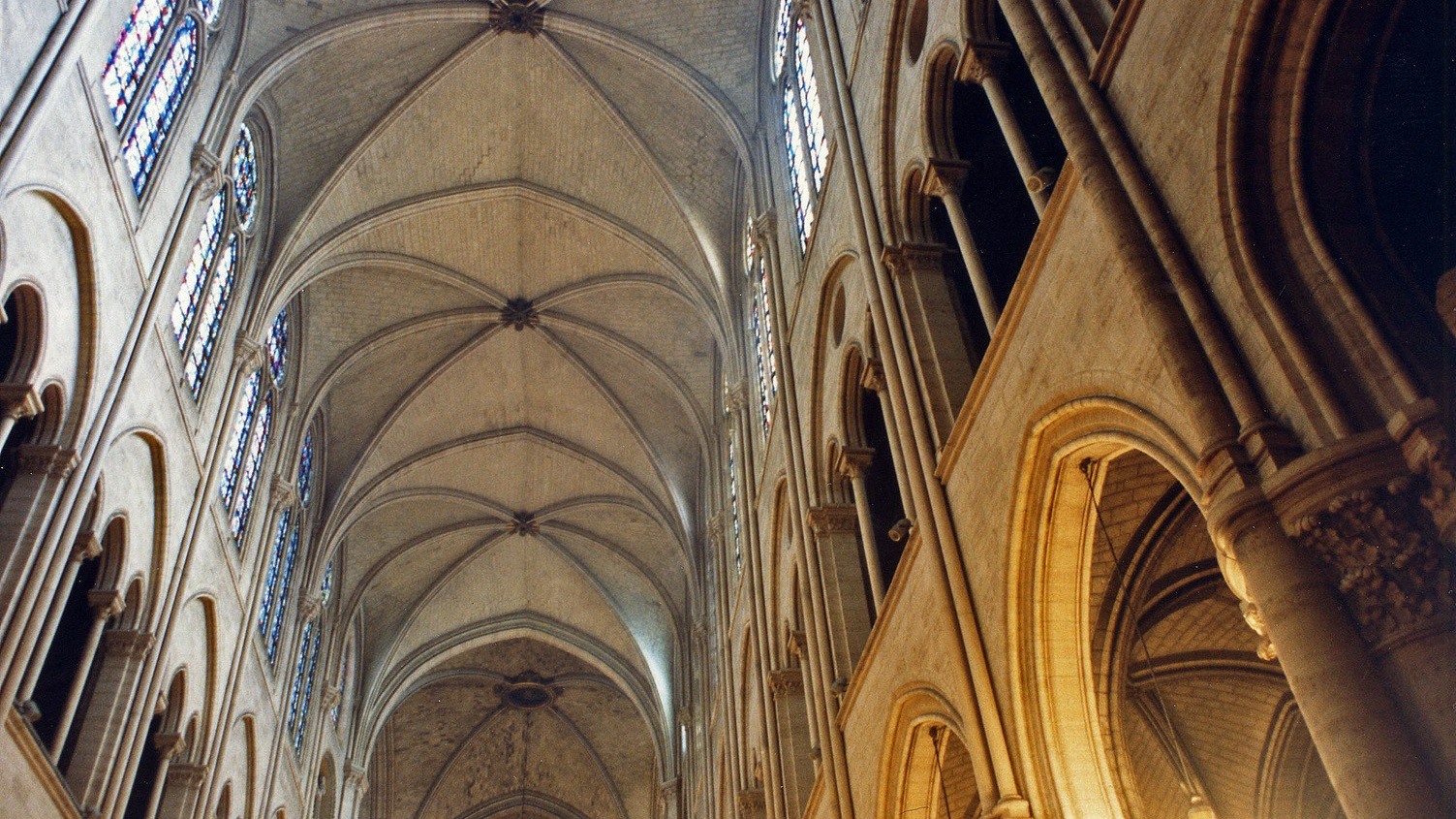John Dowland’s “Weep You No More, Sad Fountains,” Anne Sofie von Otter
A quiet melancholy shrouds many of the songs of the English Renaissance composer, lutenist, and singer John Dowland (1563-1626). Denied employment in the court of Elizabeth I, perhaps because of his Catholicism, Dowland worked in France and later at the court of Christian IV of Denmark. Returning to England in 1606, Dowland secured a position in the court of James I. Weepe you no more, sad fountaines was published in Dowland’s 1603 Third Book …

